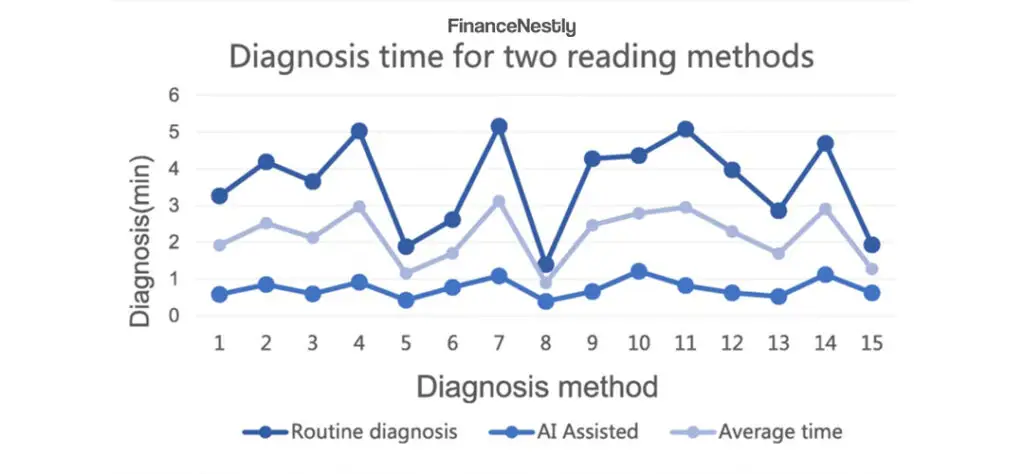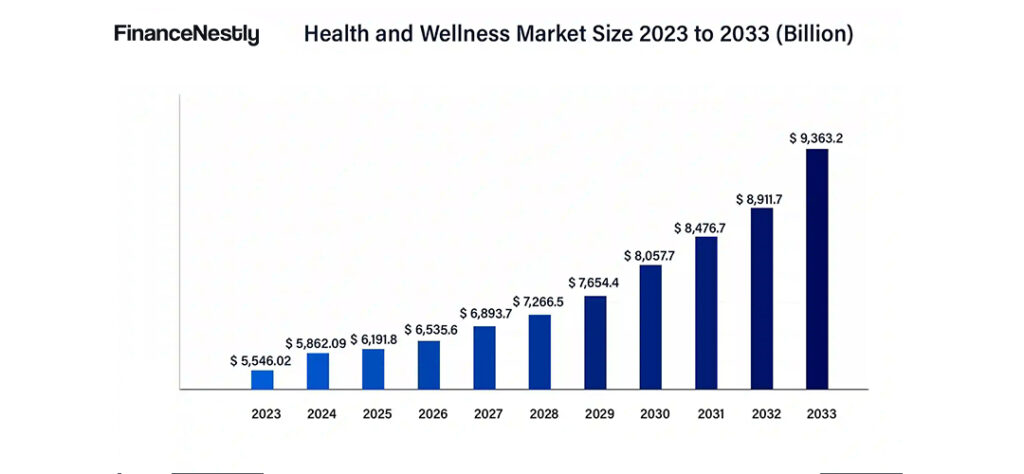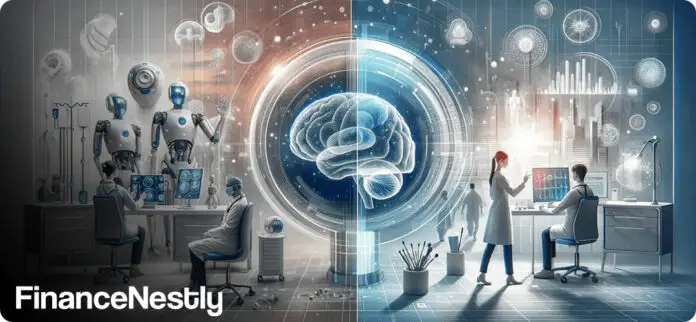Artificial intelligence (AI) is transforming the healthcare industry, reshaping patient care, operational efficiency, and research capabilities. Beyond its clinical implications, AI’s integration into healthcare is generating significant economic shifts and creating attractive opportunities for investors. Let’s delve into how AI is driving economic change in healthcare and why it’s capturing the attention of investors worldwide.
1. AI’s Contribution to Healthcare Efficiency
AI is streamlining healthcare operations by automating repetitive tasks, optimizing resource allocation, and enhancing diagnostic accuracy. For instance, AI algorithms can analyze medical images to detect diseases such as cancer with remarkable precision, significantly reducing diagnostic times.
The economic implications are substantial: hospitals and clinics can save costs on labor-intensive processes while improving patient outcomes. This increased efficiency not only reduces healthcare expenses but also makes room for scaling services in underserved regions.

2. Driving Innovation in Drug Discovery
One of the most revolutionary applications of AI in healthcare lies in drug discovery. Developing new drugs traditionally takes years of research and billions of dollars. AI is cutting these timelines by analyzing vast datasets to identify potential drug candidates faster and more accurately.
Companies leveraging AI for drug development are attracting substantial investments, with major pharmaceutical firms partnering with tech startups to stay competitive. This trend underscores the growing economic value AI brings to the healthcare sector.
For more insights, explore this article on AI’s role in pharmaceutical innovation.
3. Boosting Economic Productivity in Healthcare
AI is not just improving clinical outcomes; it’s driving overall productivity in the healthcare industry. Predictive analytics powered by AI helps hospitals manage patient flow, predict equipment needs, and allocate staff effectively. These optimizations contribute to a more economically viable healthcare system, capable of delivering better care to more patients at lower costs.
Governments and private organizations alike are recognizing this potential, investing in AI infrastructure to modernize healthcare systems. Such initiatives are paving the way for sustainable economic growth in the sector.

4. Investment Opportunities in AI-Driven Healthcare
The intersection of AI and healthcare presents one of the most lucrative opportunities for investors. From startups developing cutting-edge AI diagnostic tools to established firms integrating AI into existing healthcare frameworks, the investment landscape is diverse and dynamic.
Investors should pay close attention to sectors like AI-powered telemedicine, personalized medicine, and wearable health technologies. These areas are poised for exponential growth, fueled by increasing demand for accessible and data-driven healthcare solutions.
To explore specific investment strategies, check out this guide to investing in AI healthcare startups.
5. Challenges and Ethical Considerations
While AI’s economic impact is overwhelmingly positive, it also raises ethical and regulatory challenges. Issues such as data privacy, algorithmic bias, and unequal access to AI-driven healthcare services must be addressed. These challenges could influence market dynamics and investment decisions as stakeholders work toward creating a balanced, equitable framework for AI integration.
By understanding these challenges, investors can make informed decisions while supporting ethical advancements in the healthcare sector.
6. The Future of AI in Healthcare Economics
Looking ahead, the economic potential of AI in healthcare shows no signs of slowing. With advancements in AI technologies and broader acceptance across the healthcare industry, we can expect continued growth in efficiency, innovation, and investment opportunities. The ripple effects of these developments will not only benefit patients and providers but also create substantial economic value across the global economy.
Conclusion
Artificial intelligence is reshaping healthcare by driving efficiency, innovation, and economic growth. For investors, this convergence of technology and medicine represents a promising frontier with the potential for significant returns. As AI continues to evolve, its role in transforming healthcare economics will only grow stronger, making it a critical area to watch.

